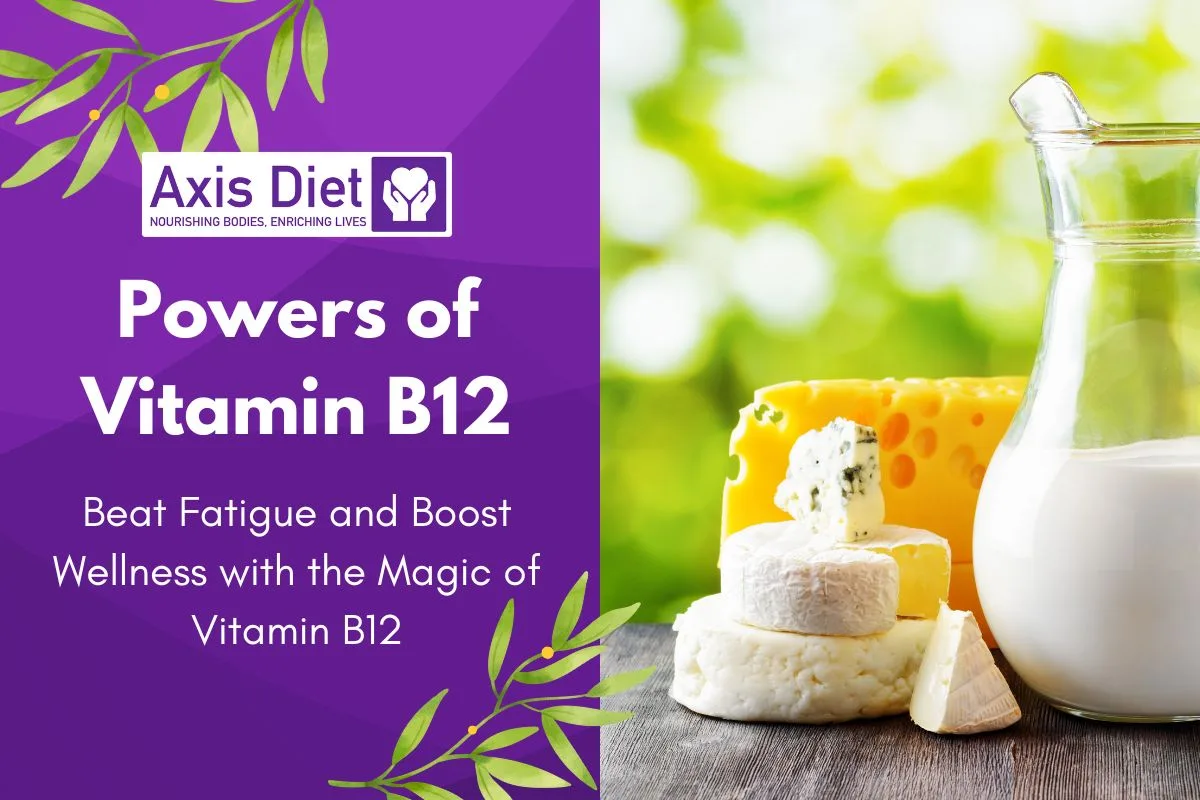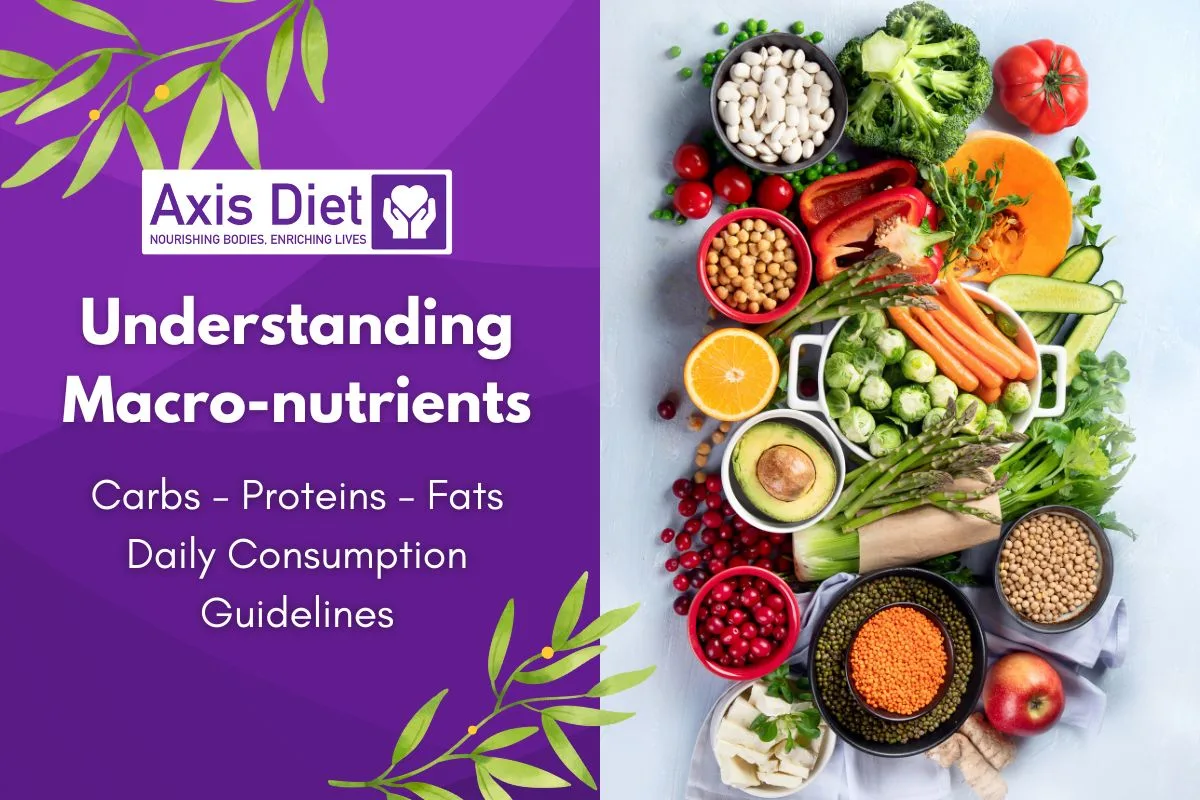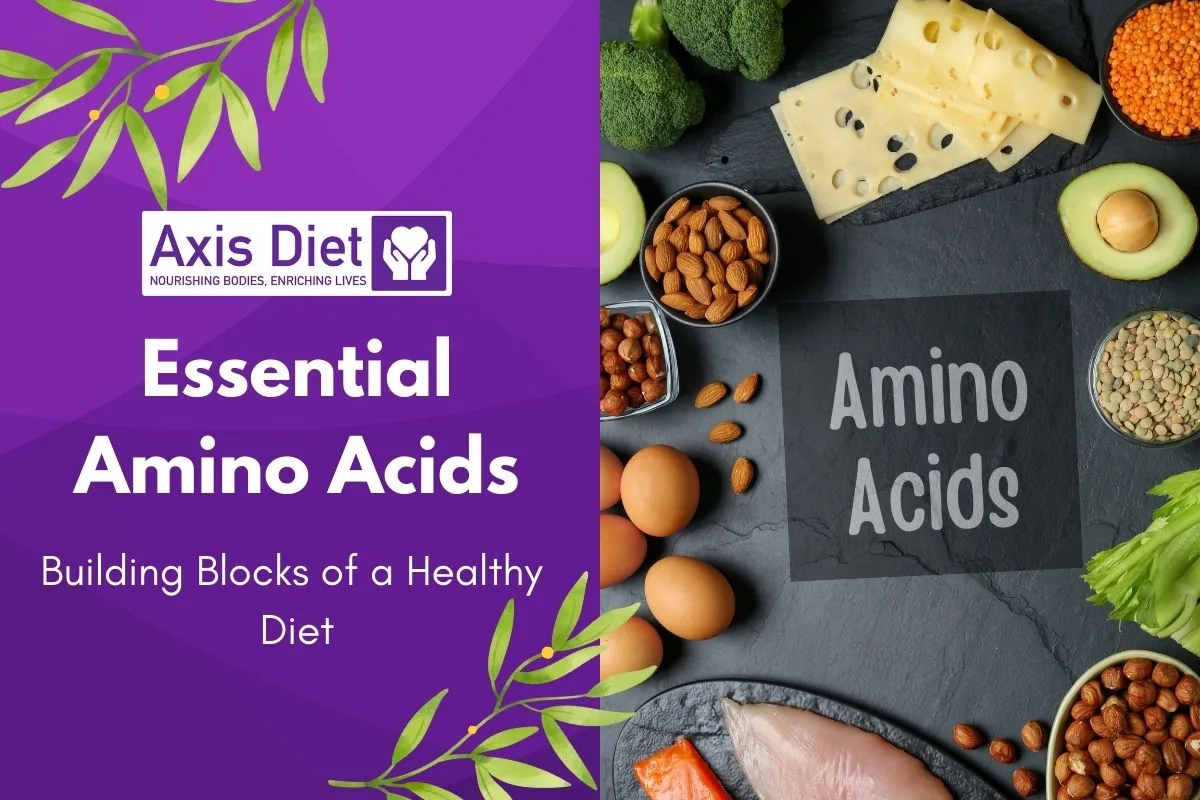Vitamin B12, a crucial nutrient, plays a significant role in maintaining optimal health. It is a key player in red blood cell formation, nerve function, and DNA synthesis. However, despite its importance, B12 is often overlooked in dietary considerations, especially in diets with limited animal products. This article delves deep into understanding Vitamin B12 – its functions, sources, and its impact on health. We explore how different dietary choices influence B12 intake and offer practical tips to ensure you get enough of this essential vitamin, whether through food, fortified products, or supplements. Understanding Vitamin B12 is more than just knowing about a nutrient; it’s about making informed choices for a healthier life.
What We’ll Cover
- What is Vitamin B12?
- Why Do We Need Vitamin B12?
- What are the Vitamin B12 Sources?
- Integrating Vitamin B12 into Your Daily Diet
- QnA about Vitamin B12
- What is Vitamin B12 and why is it important?
- Can I get enough Vitamin B12 from a vegetarian diet?
- What are the signs of Vitamin B12 deficiency?
- How much Vitamin B12 do I need daily?
- What are the best food sources of Vitamin B12?
- Are Vitamin B12 supplements necessary?
- Can too much Vitamin B12 be harmful?
- Does cooking destroy Vitamin B12?
- How do I know if I’m getting enough B12?
- Can Vitamin B12 improve my energy levels?
- Conclusion: Embracing Health through Informed Choices
What is Vitamin B12?
Vitamin B12, scientifically known as Cobalamin, is vital for various bodily functions. It is essential for the production of red blood cells, which carry oxygen throughout the body. B12 also plays a critical role in DNA synthesis and repair and is crucial for maintaining healthy nerve cells. A unique aspect of B12 is its involvement in the metabolism of every cell in the human body, particularly affecting DNA synthesis and regulation, as well as fatty acid and amino acid metabolism.
The body’s requirement for Vitamin B12 varies with age, dietary practices, and specific health conditions. For example, adults typically need about 2.4 micrograms daily, but this requirement increases during pregnancy and breastfeeding to ensure adequate supply for fetal development and milk production. It’s also important to note that as people age, their ability to absorb B12 can decrease, which may necessitate dietary adjustments or supplementation.
The average daily recommended amounts for different ages in micrograms (mcg) are:
| 0–6 months | 0.4 mcg |
| 7–12 months | 0.5 mcg |
| 1–3 years | 0.9 mcg |
| 4–8 years | 1.2 mcg |
| 9–13 years | 1.8 mcg |
| 14 years and over | 2.4 mcg |
| During pregnancy | 2.6 mcg |
| While breastfeeding | 2.8 mcg |
Why Do We Need Vitamin B12?
Vitamin B12 and Mental Health
The relationship between Vitamin B12 and mental health is an area of growing interest. Adequate B12 levels are linked to improved mood and cognitive function. Deficiencies can contribute to mood disorders, memory problems, and cognitive decline. This relationship underscores the importance of B12 in neurological health and its potential as a part of treatment strategies for mental health conditions.
B12’s Impact on Energy Levels and Neuropathy
B12 is integral to energy production in the body. It helps convert the food we eat into glucose, which is used as energy. A deficiency in B12 can result in fatigue, lethargy, and a general sense of weakness. In terms of nerve health, B12 is crucial for maintaining the myelin sheath, the protective covering of nerves. Without adequate B12, this sheath can deteriorate, leading to nerve damage, often experienced as neuropathy with symptoms like tingling, numbness, and pain in the limbs.
The Importance of Vitamin B12 During Pregnancy
During pregnancy, the demand for Vitamin B12 increases significantly. It’s essential for the proper development of the baby’s brain and nervous system. Insufficient B12 levels in pregnant women can lead to increased risk for neural tube defects, low birth weight, and other complications. Pregnant women should ensure they get enough B12 either through diet or supplements, as advised by their healthcare provider.
What are the Vitamin B12 Sources?
Top Vitamin B12 Rich Foods in India
In India, traditional diets provide various B12 sources. For non-vegetarians, sources like chicken, fish (especially sardines and salmon), and eggs are rich in B12. For vegetarians, milk and dairy products like yogurt and cheese are good options. Fortified foods play a critical role, with many brands of cereals and plant-based milk being fortified with B12.
Vitamin B12 in Vegetarian Diets
Vegetarians and vegans need to be particularly mindful of their B12 intake. Since plant-based diets typically lack B12, fortified foods and supplements are often necessary. Nutritional yeast, a popular food additive among vegans, is also a good source of B12. It’s important for individuals following these diets to regularly monitor their B12 levels and consult healthcare professionals for advice on supplementation.
The Role of B12 Supplements
Supplements are a straightforward way to prevent B12 deficiency, especially for those who cannot meet their needs through diet alone. These supplements are available in various forms, including oral tablets, sublingual lozenges (which are dissolved under the tongue for better absorption), and injectable forms prescribed for those with absorption issues. It’s crucial to follow medical advice regarding the dosage and type of supplement to avoid potential side effects from overconsumption.
Integrating Vitamin B12 into Your Daily Diet
Diverse Dietary Sources for Vitamin B12
Incorporating Vitamin B12 into your diet can be achieved through various food sources. Non-vegetarians can include seafood, such as salmon and sardines, and lean meats like chicken and turkey, which are excellent B12 sources. Eggs, particularly the yolk, are also a good option. For vegetarians, dairy products like milk, cheese, and yogurt are great choices. Additionally, for both vegetarians and vegans, fortified foods play a crucial role. These include fortified cereals, plant-based milk alternatives, and some types of nutritional yeast.
Creative Culinary Ideas for B12 Enrichment
Making your meals B12-rich doesn’t have to be monotonous. Experiment with recipes that naturally incorporate B12 sources. For instance, try omelets or scrambled eggs enriched with cheese for breakfast. Seafood lovers can explore dishes like grilled salmon or sardine sandwiches. Vegetarians can enjoy a yogurt smoothie or paneer-based curries. Incorporating fortified cereals in your breakfast routine or using fortified plant-based milk in your coffee or tea are simple yet effective strategies.
Snacking with a B12 Boost
Snacks are an excellent opportunity to sneak in some extra B12. Yogurt parfaits with a sprinkle of fortified cereal, cheese slices with whole-grain crackers, or boiled eggs can be both satisfying and B12-rich. For those on the go, B12-fortified energy bars or shakes can be convenient options.
Supplements as a Reliable B12 Source
While diet is the preferred source of Vitamin B12, supplements can be a practical and necessary option for some. This is especially true for vegans, the elderly, and those with absorption issues. B12 supplements come in various forms, including tablets, capsules, and liquid drops. It’s essential to consult with a healthcare provider to determine the appropriate form and dosage.
Monitoring and Adjusting Your B12 Intake
Regular monitoring of Vitamin B12 levels is key, especially for those at risk of deficiency. Blood tests can help gauge whether dietary changes or supplementation are needed. Adjustments to your diet or supplementation regimen should be made based on these results and in consultation with healthcare professionals.
QnA about Vitamin B12
What is Vitamin B12 and why is it important?
Vitamin B12 is a water-soluble vitamin essential for red blood cell formation, nerve function, and DNA synthesis. It’s vital for maintaining healthy nerve cells and producing energy.
Can I get enough Vitamin B12 from a vegetarian diet?
Vegetarians can obtain B12 from dairy products and eggs. However, since plant-based foods don’t naturally contain B12, vegetarians should consider fortified foods or supplements to meet their needs.
What are the signs of Vitamin B12 deficiency?
Common symptoms include fatigue, weakness, constipation, loss of appetite, weight loss, and neurological changes like numbness and tingling in the hands and feet.
How much Vitamin B12 do I need daily?
Adults require about 2.4 micrograms of Vitamin B12 daily. This requirement increases during pregnancy and breastfeeding.
What are the best food sources of Vitamin B12?
Excellent sources include meat, poultry, fish, eggs, and dairy products. For those on plant-based diets, fortified cereals and plant milks are good options.
Are Vitamin B12 supplements necessary?
Supplements might be necessary for vegans, older adults, and people with absorption issues. Consult a healthcare provider for personalized advice.
Can too much Vitamin B12 be harmful?
Vitamin B12 has a low potential for toxicity. However, excessively high doses from supplements can cause side effects in some individuals.
Does cooking destroy Vitamin B12?
B12 is relatively stable during cooking, but long-term cooking at high temperatures can reduce its levels in food.
How do I know if I’m getting enough B12?
Regular blood tests can help monitor B12 levels, especially for those at risk of deficiency. Symptoms and dietary habits can also provide clues.
Can Vitamin B12 improve my energy levels?
Adequate B12 levels can help maintain energy levels, as it’s crucial in the process of converting food into energy for the body.
Conclusion: Embracing Health through Informed Choices
As we conclude our exploration of Vitamin B12 and its significant impact on health, it’s important to remember that this article serves as an informative guide. Every individual is unique, and nutritional needs can vary widely. While we strive to provide comprehensive insights into the benefits and sources of Vitamin B12, these should not replace professional medical advice. For personalized dietary recommendations and to address specific health concerns, it’s crucial to consult with a registered dietitian or healthcare professional.
Your journey to optimal health and wellness is ongoing, and we at Axis Diet are committed to being a part of it. We encourage you to explore more of our resources and insights. Don’t miss out on other informative articles like “Harnessing the Power of Vitamins for Body and Mind Wellness” and “Are You Getting the Right Nutrition for Your Body’s Needs?” available at Axis Diet. These resources are designed to empower you with knowledge and inspire you to make informed choices for a healthier lifestyle.
Thank you for joining us in this journey of understanding and embracing the power of nutrition. Remember, the path to health is personal and ever-evolving, and we are here to support you every step of the way.
Comments are closed.






[…] Profile: Low in fat and calories, buttermilk is an excellent hydration source. It also contains vitamins and minerals essential for overall health, including potassium, calcium, and […]
[…] nutritiously is the foundation for experiencing the sense of well-being that comes with optimal health. Proper nutrition ensures that your body has the tools it needs to maintain itself, fight diseases, […]